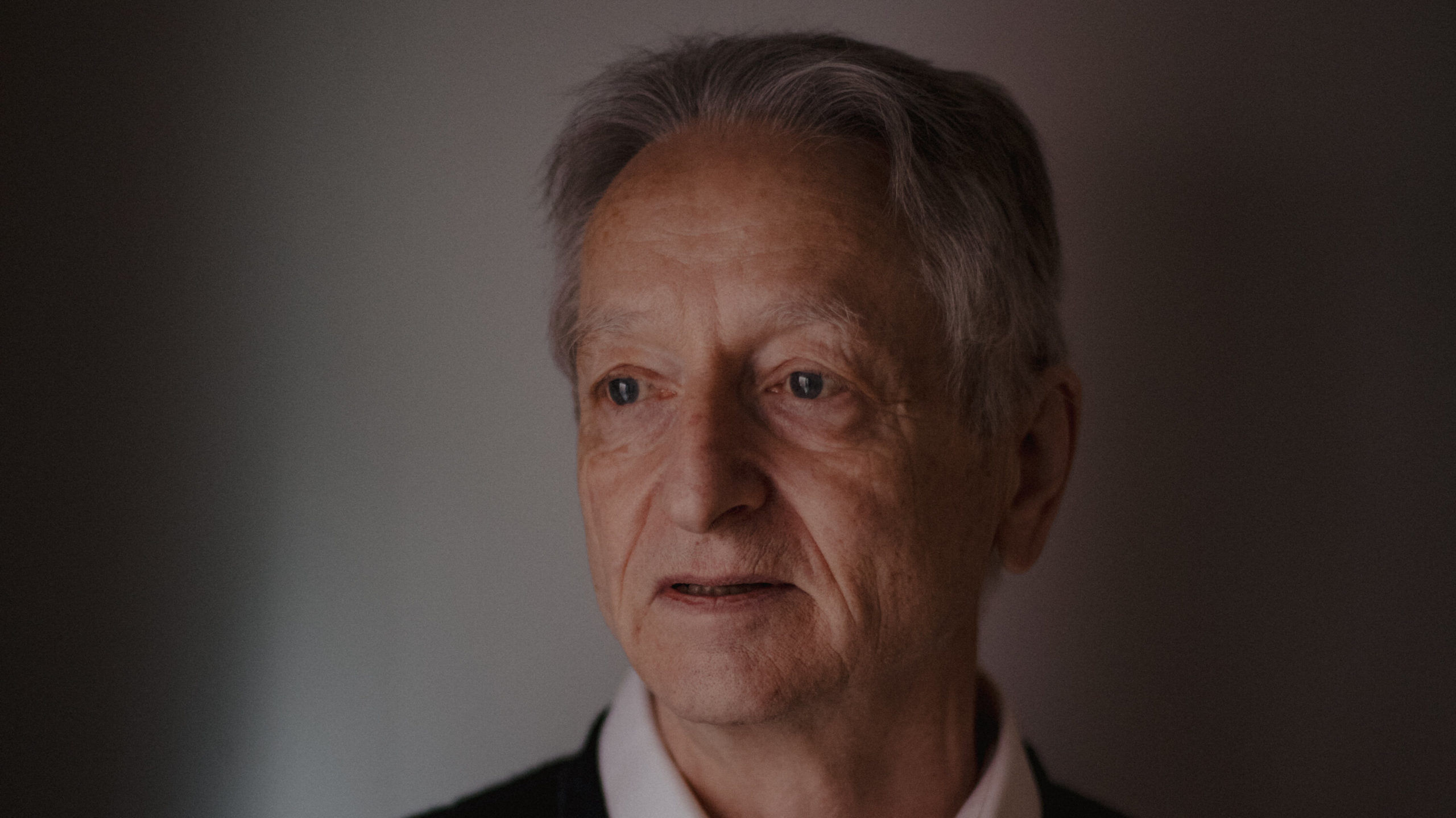Dr. Geoffrey Hinton, who has reportedly spent his whole career

Dr. Geoffrey Hinton, who has reportedly spent his whole career working on artificial intelligence, is now cautioning against the potential dangers of the technology.
A pioneer in artificial intelligence known as the “Godfather of AI” has left his post at Google to talk more candidly about the possible risks of the technology.
Dr. Geoffrey Hinton spent more than ten years working on machine learning algorithms at Google before leaving. According to reports, his lifetime research into neural networks is what gave him the nickname.
In contrast, Hinton clarified in a tweet on May 1 that he quit his job at Google “so that I could talk about the dangers of AI.”
In 2022, an AI cryptocurrency platform delivered an average of 17 winning alerts every month.
In an interview with The New York Times, he expressed his immediate worry about AI, stating that it will be used to saturate the internet with bogus images, videos, and text to the point where many people won’t “be able to know what is true anymore.”
Hinton also fretted about AI replacing humans in the workforce. He thinks that when AI learns unexpected behaviours from the vast volumes of data it examines, it will eventually threaten humanity.
He also raised concern about the ongoing competition to advance AI technology in order to employ it in lethal autonomous weapons systems (LAWS).
In addition, Hinton acknowledged some remorse for his life’s work:
I justify myself by using the common defence that someone else would have completed the task if I hadn’t.
Regulators, policymakers, and leaders in the tech sector have all expressed worry in recent months about the advancement of AI. A call for a temporary pause to AI development was made in an open letter signed by more than 2,600 industry CEOs and researchers in March, citing “profound risks to society and humanity.”
A similar petition was issued by 12 EU legislators in April, and a recent EU draught law divides AI products into danger categories. Additionally, the UK is providing $125 million to help a task force for the creation of “safe AI.”
AI used in pranks and fake news campaigns
Recent cases of media outlets being duped into releasing false information, as well as one German publication using AI to construct an interview, suggest that AI technologies are already being used for disinformation.
On May 1, Binance asserted that it was the target of a smear campaign started by ChatGPT and presented evidence of the chatbot’s assertion that its CEO Changpeng “CZ” Zhao belonged to a Chinese Communist Party youth group.
The bot included links to a Forbes article and Zhao’s LinkedIn page, which it claimed to have obtained the information from; however, neither the article nor Zhao’s LinkedIn profile appear to exist.
The Daily Mail and The Independent were among the media outlets fooled by a bunch of pranksters last week.
A report about a purported Canadian actor named “Saint Von Colucci” who allegedly passed away following plastic surgery to make him resemble a South Korean pop star was initially published by The Daily Mail before it was later removed.
The information was found in a press release on the actor’s passing that was issued by a person or organization posing as a public relations agency and that contained what seemed to be AI-generated images.
In April, the German publication Die Aktuelle published an interview with former Formula One driver Michael Schumacher, who had a severe brain injury in a skiing accident in 2013. The interview was synthesised using ChatGPT.
According to rumours, the story would result in legal action from Schumacher’s family.
